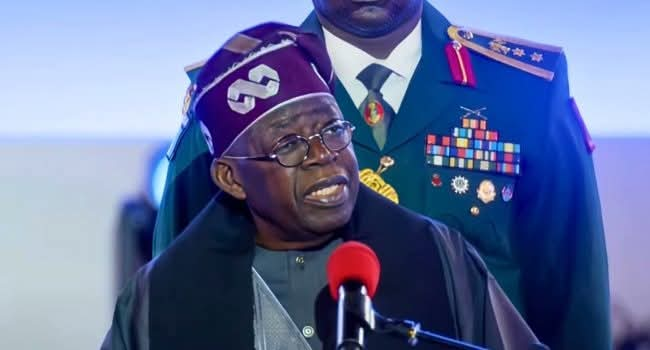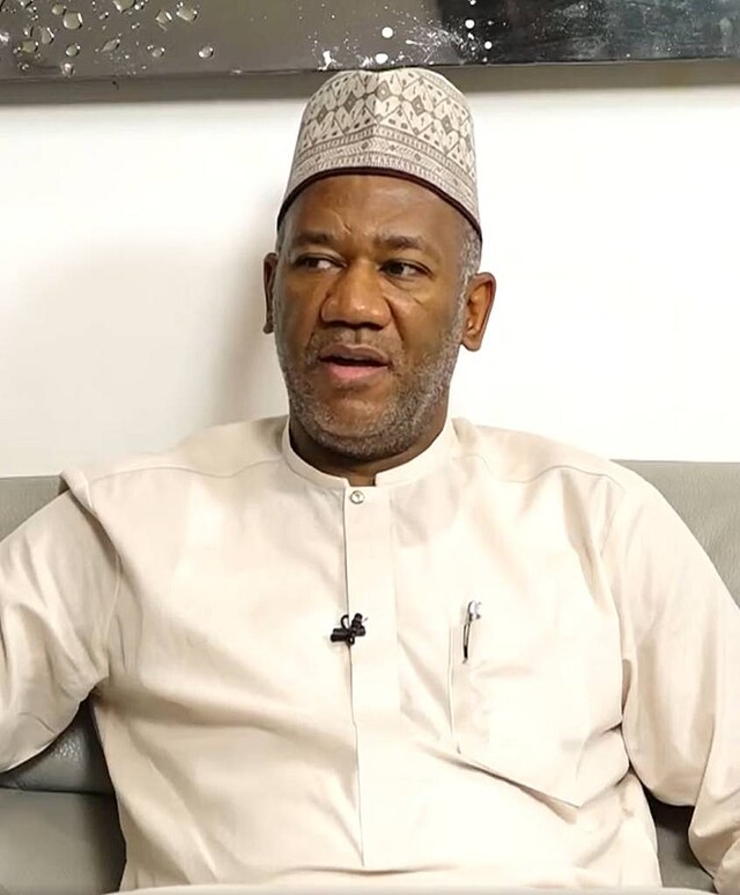Aloy Ejimakor, the Special Counsel to Nnamdi Kanu, the leader of the Indigenous People of Biafra (IPOB), has given detailed reasons why Nnamdi Kanu cannot face trial in any Nigerian court.
Ejimakor argued that Kanu was unlawfully abducted in Kenya and subjected to “extraordinary rendition” in Nigeria, claiming that there was no evidence of consent from Kenyan authorities before charges were filed against Kanu.
It would be recalled that Kanu was rearrested in Kenya and subsequently brought to Nigeria in June 2021. Upon his return, the Nigerian government arraigned him on a four-count charge, which was later replaced with a 14-count charge including allegations bordering on terrorism and membership in a proscribed organization.
However, in a recent statement, Ejimakor revealed that the Federal High Court had quashed the seven counts, leading to Kanu’s discharge and barring of his trial in Nigeria.
“Following his infamous extraordinary rendition, Mazi Nnamdi Kanu was secretly arraigned before the Federal High Court, Abuja on the initial 4-count charges,” Ejimakor stated, highlighting the sequence of events.
Subsequently, the Attorney-General of Nigeria, Abubakar Malami, withdrew all but one of the initial 4-count charges and introduced a new set of 14-count charges related to terrorism and proscribed organization membership. The Federal High Court later reduced the charges to 7 counts, which were later quashed by the Court of Appeal, thereby discharging Kanu and preventing his trial in Nigeria.
Ejimakor explained that under the “Doctrine of Specialty” in international law, a fugitive transferred from another country should only be prosecuted for the offenses for which they were transferred. He emphasized that the new charges against Kanu, which were not part of the original 4-count charges, violated this principle.
He further stated, “In this particular case, the ‘surrendering country’ is Kenya, and there is no evidence that their consent was obtained before the new 14-count charges were brought.”
Ejimakor also highlighted the provisions of Nigeria’s Extradition Act, specifically Section 15, which bars the detention and trial of a person for offenses other than those for which they were surrendered without the prior consent of the surrendering country.
He argued that bringing up new charges assumes that Kanu is triable for the pre-existing charges after the rendition, which he deemed illegal.
Additionally, Ejimakor pointed out that Nigeria’s Extradition Act and the Kenyan Extradition Act should both apply in this case, serving as a barrier to detention and trial of Kanu for any new charges without the consent of the surrendering country.
He concluded by emphasizing the need for the Doctrine of Specialty to be respected and asserted that Kanu must be returned to Kenya before any hope of prosecuting him in Nigeria for pre-rendition or post-rendition offenses.
The lawyer also referenced Nigeria’s Extradition Act, which stipulates that a fugitive shall not be surrendered to any country without consent from the Attorney-General of Nigeria and that the individual should not be detained or tried in the foreign country for offenses committed before their surrender without the opportunity to return to Nigeria.
Nnamdi Kanu’s Rendition: Legal and Jurisdictional Implications Explained
Many speculated that Nigeria was obstructing Abba Kyari’s extradition to the United States and similarly resisted Sunday Igboho’s extradition. So, it’s foreseeable what would have ensued if Nigeria had pursued legal extradition of Kanu from Kenya. However, Nigeria resorted to rendition, which, in retrospect, cannot salvage the situation as it denied Kanu his right to fair hearing – a right upheld in both Kenya and Nigeria.
Remarkably, Kenya, the country from which Nnamdi Kanu was rendered, had analogous provisions. Section 6(3) of the Kenyan Extradition Act stipulates that a fugitive shall not be surrendered unless the requesting country ensures that they will not be prosecuted for any offence other than the one for which their surrender is sought, without the prior consent of Kenya.
As evident from the aforementioned section of the Kenyan Extradition Act, all the new post-rendition charges contravene the relevant provisions of Kenya’s Extradition Act and that of Nigeria. Consequently, no Nigerian court has jurisdiction to try Nnamdi Kanu for these new charges. The Court’s ruling in Gabriel Ezeze versus The State established that a valid objection to an indictment arises if it charges any offence without the necessary consents.
It’s important to note that the ‘necessary consent’ required before charging Nnamdi Kanu with any new charges is that of Kenya, in line with Section 15 of the Nigeria Extradition Act. This section mandates obtaining prior consent from the surrendering country before detaining or trying the individual for any new offence. In this case, Kenya is the surrendering country, and there is no evidence indicating that its consent was obtained before the new charges were filed against Nnamdi Kanu.
Hence, in addition to the formidable prosecutorial barrier created by the extraordinary rendition, these legal reasons constitute why Nnamdi Kanu should not be detained or tried for both the pre-rendition and post-rendition charges.



